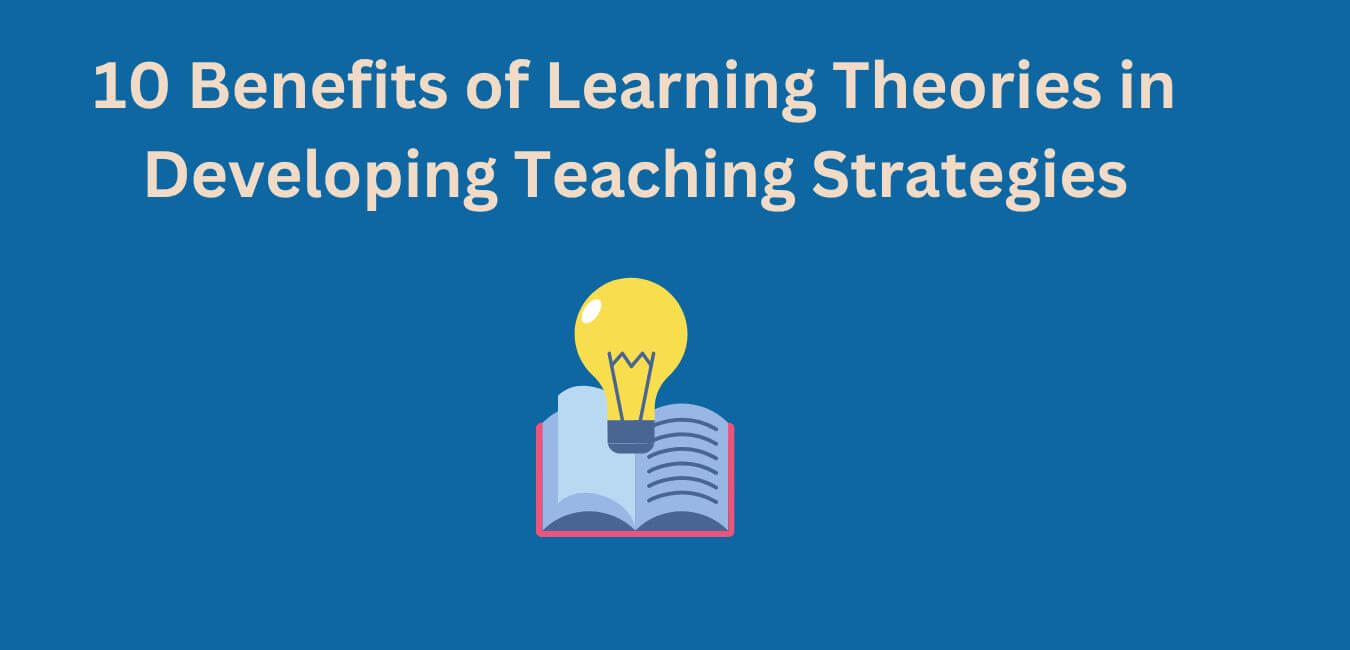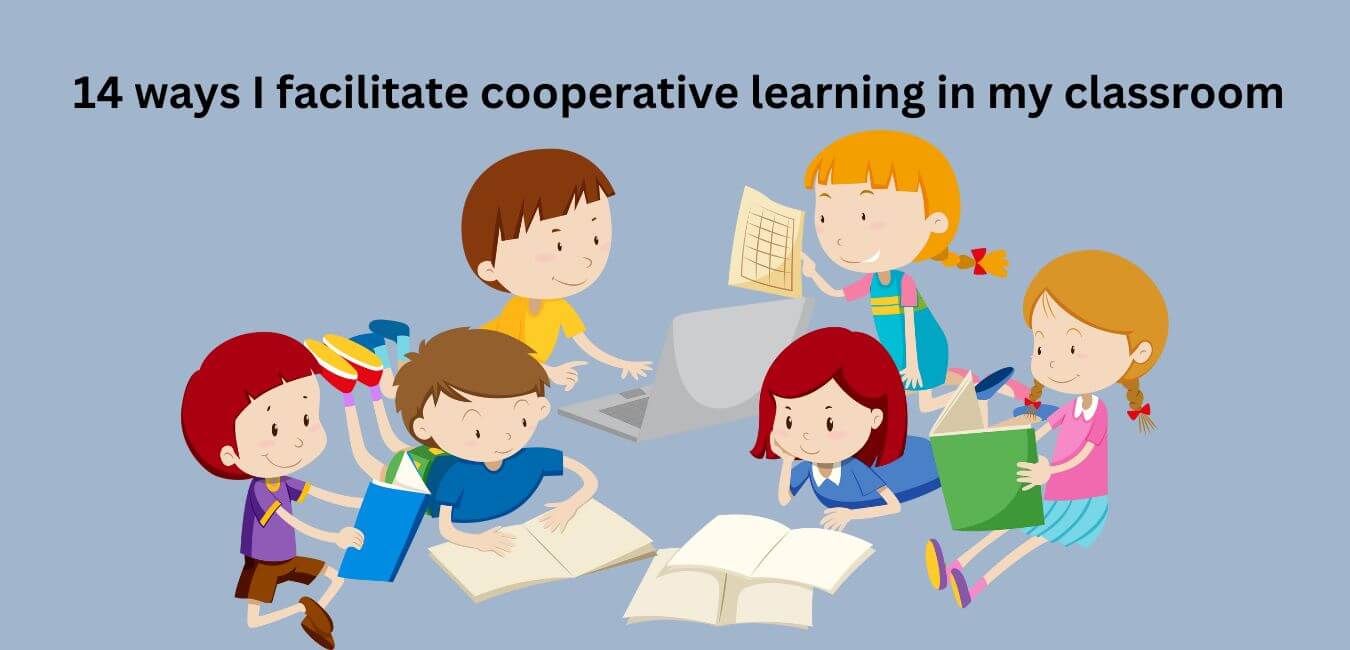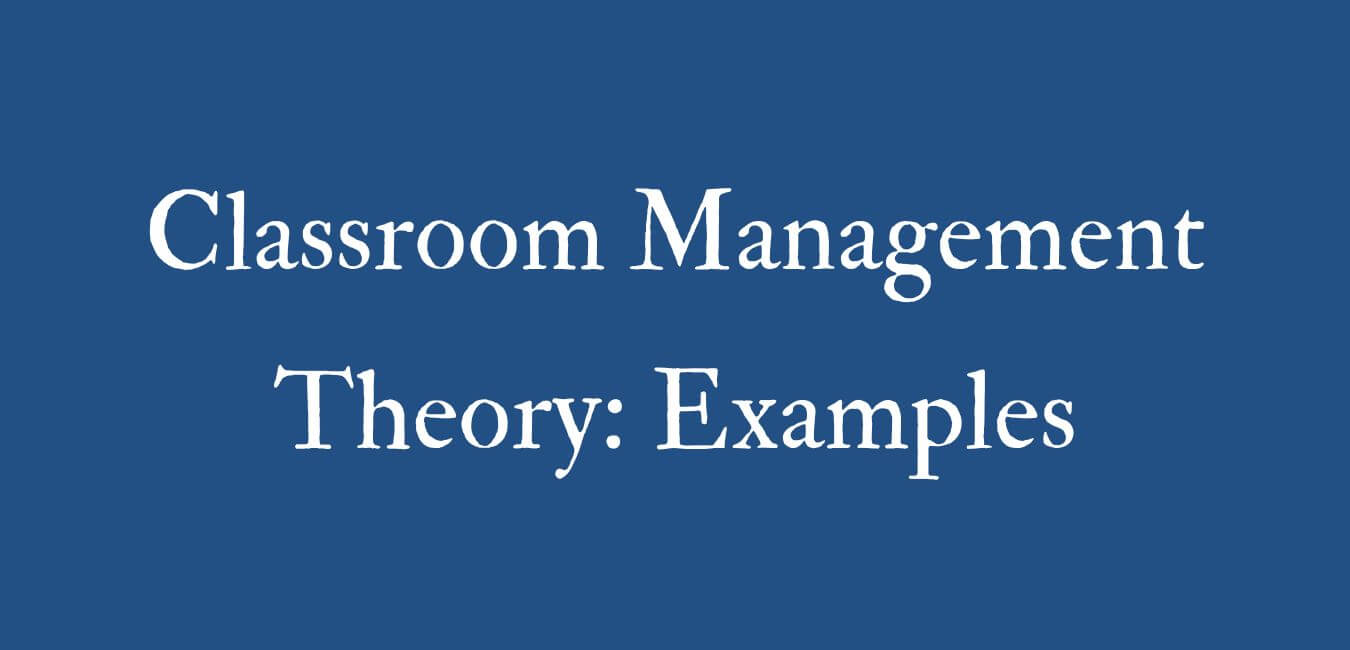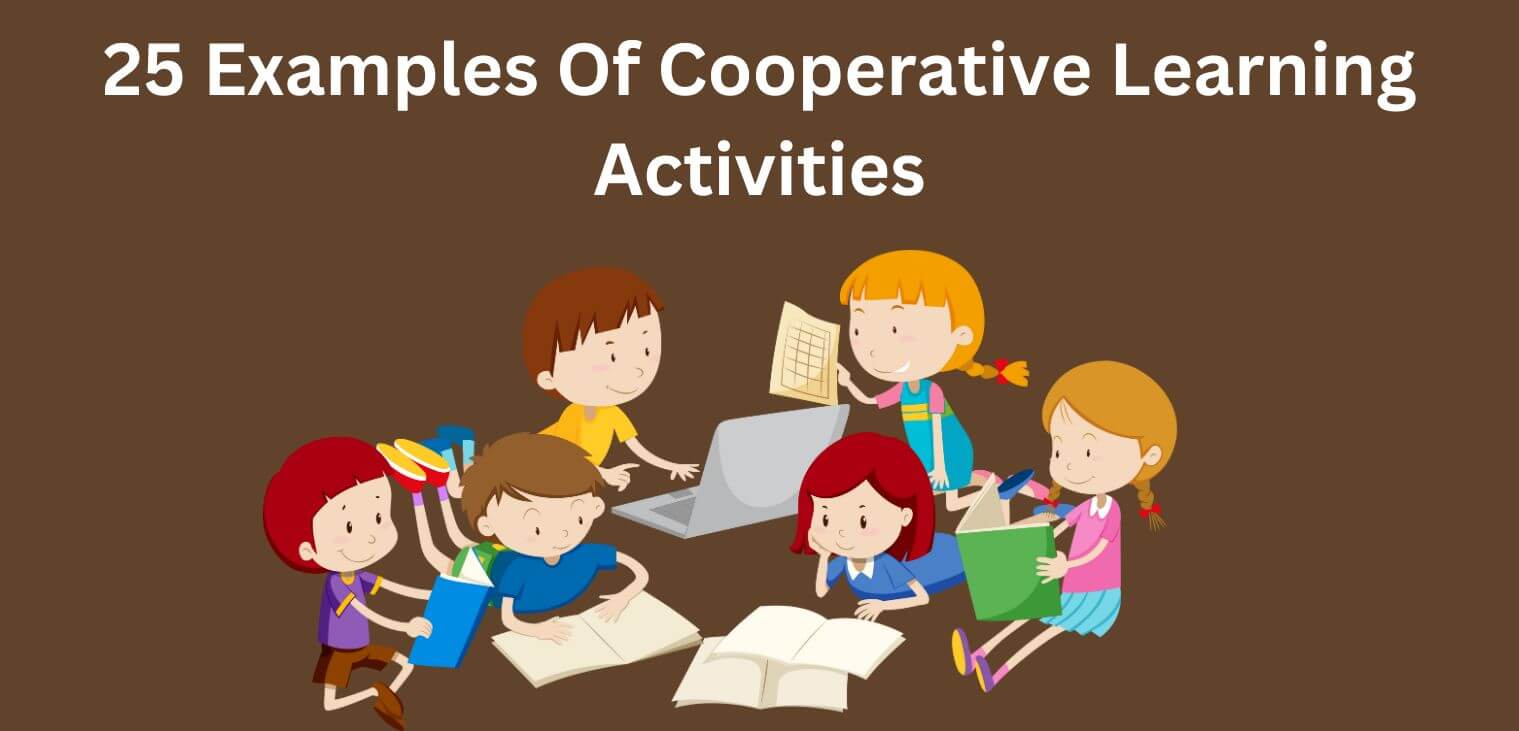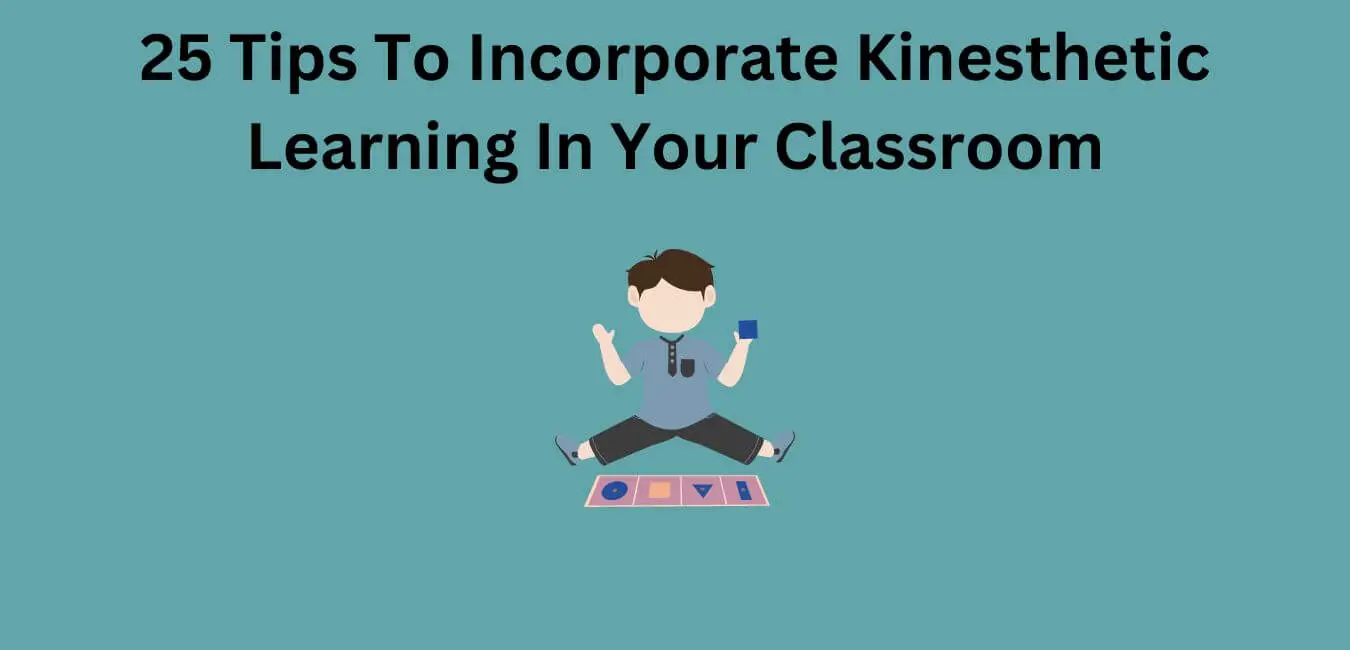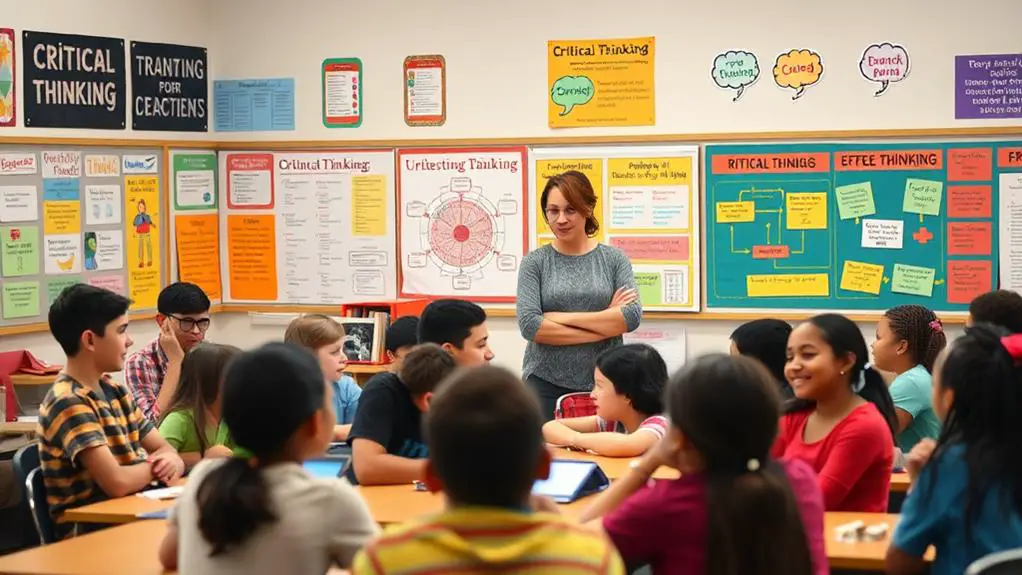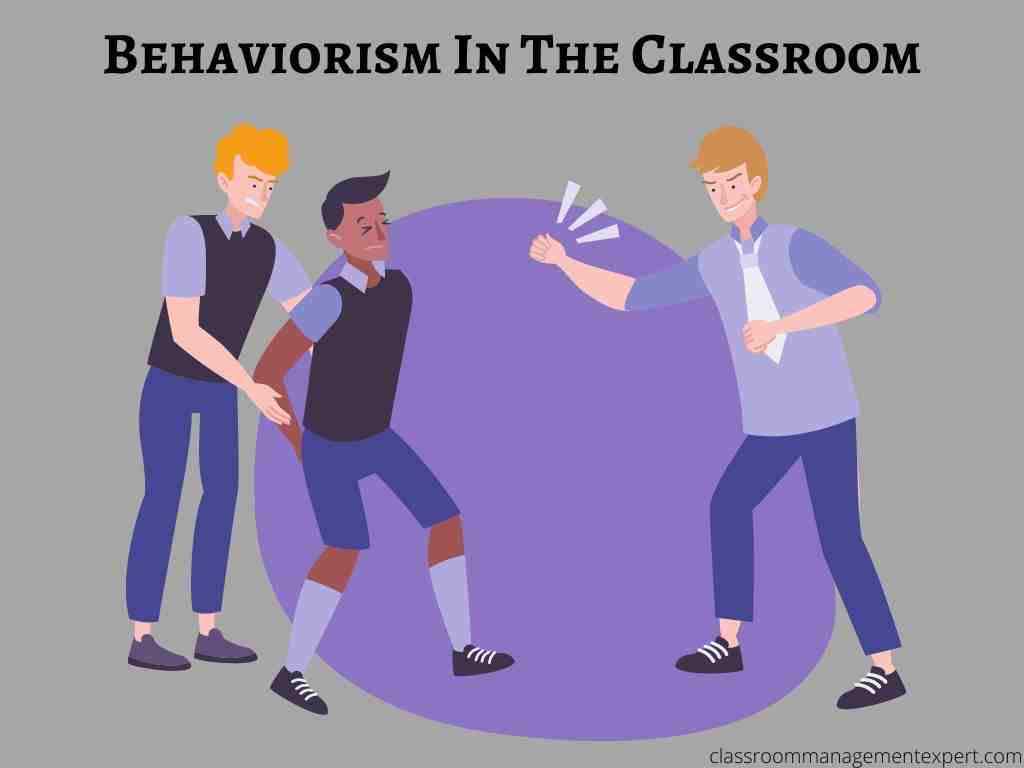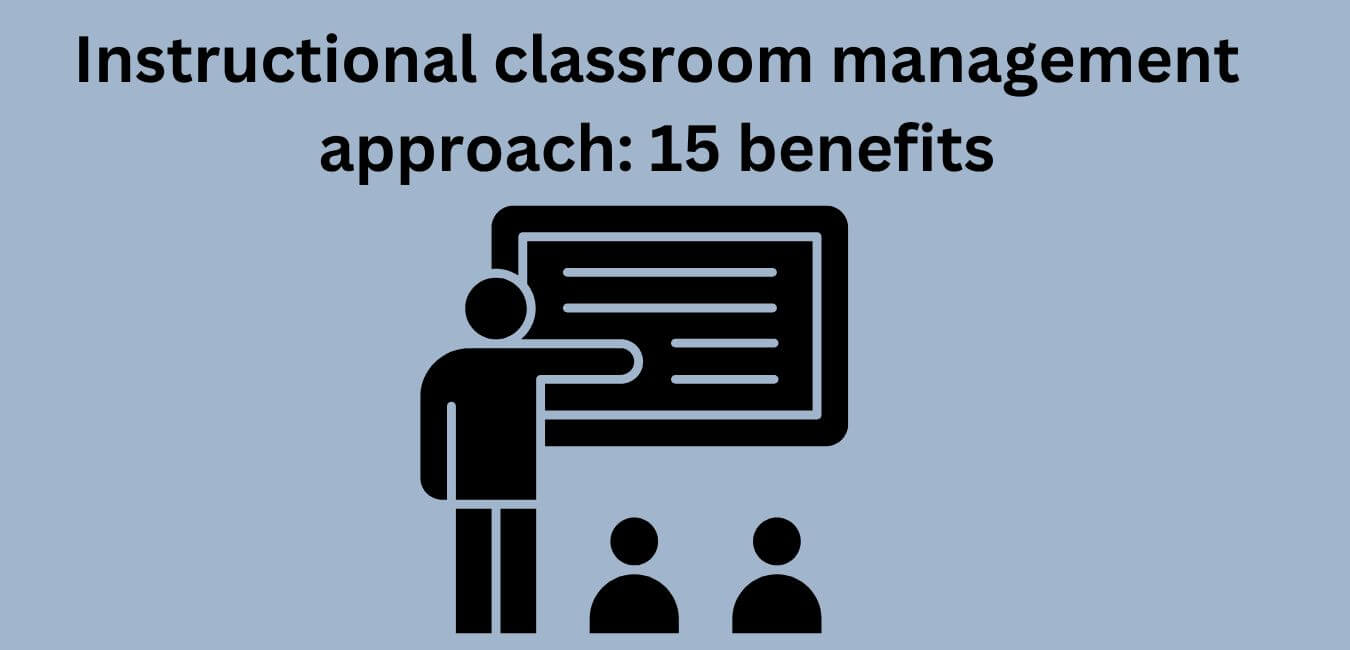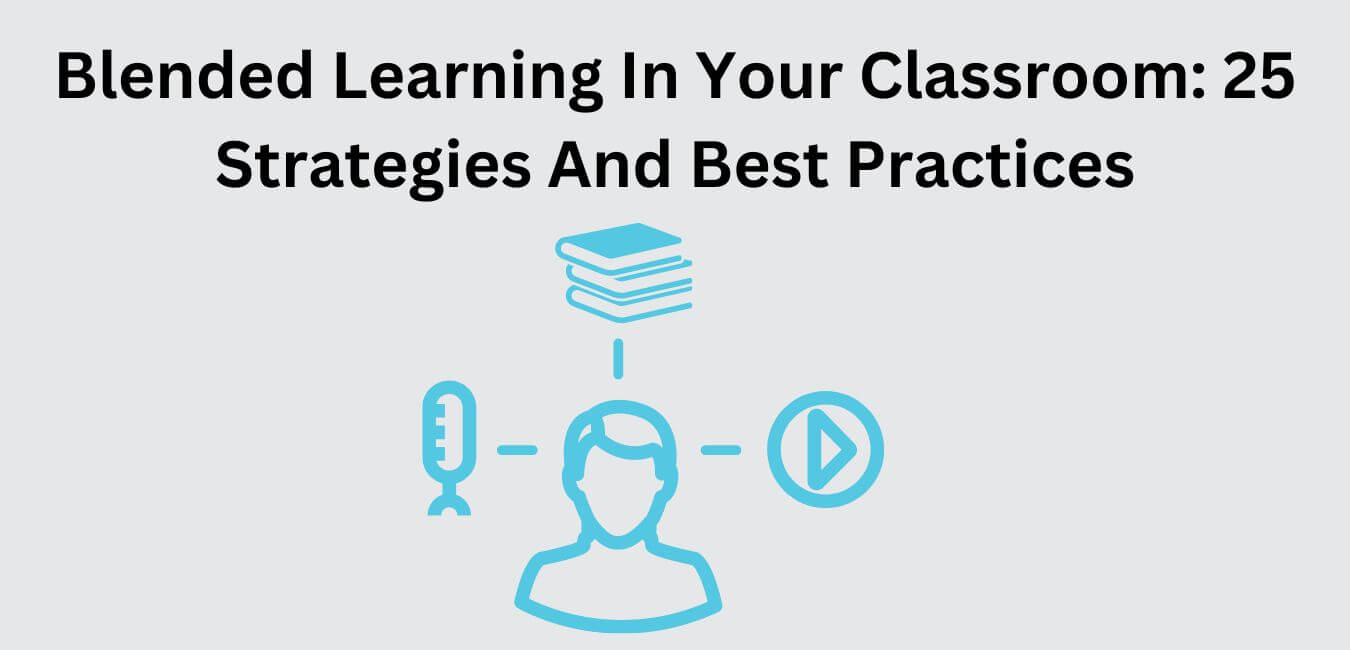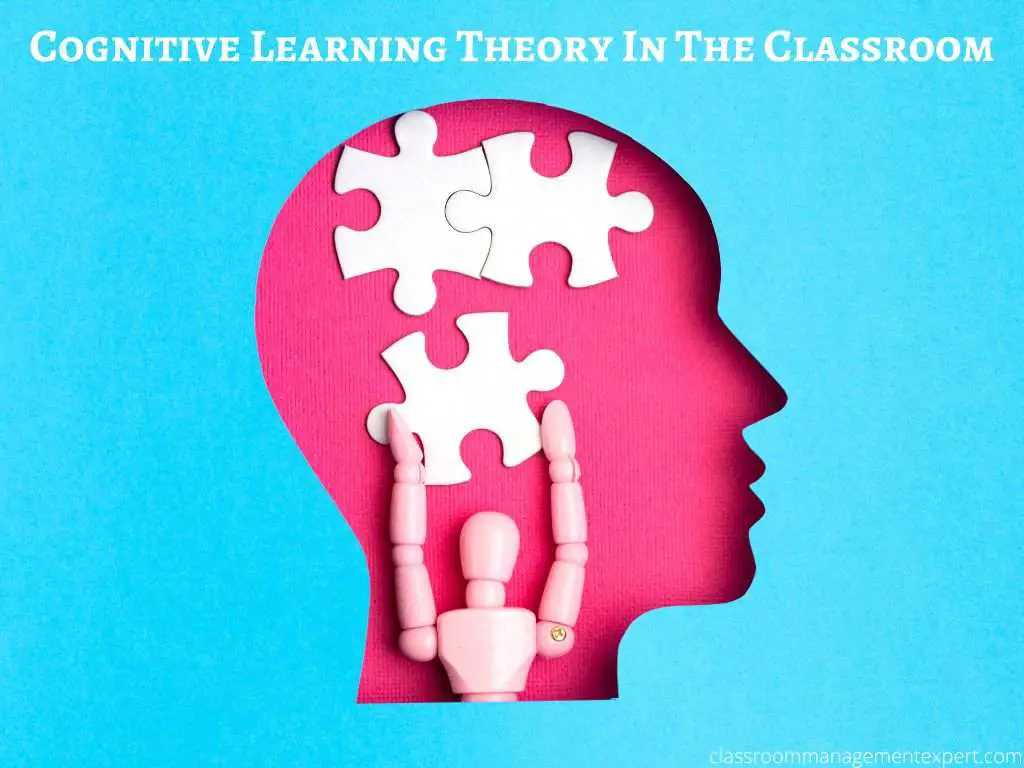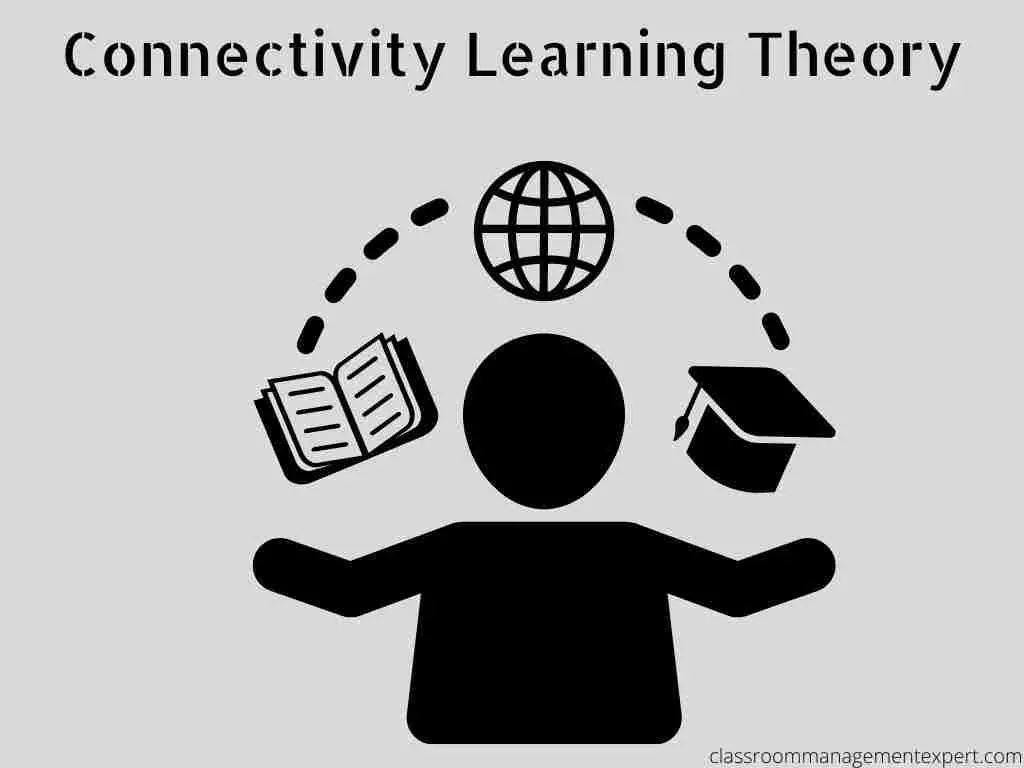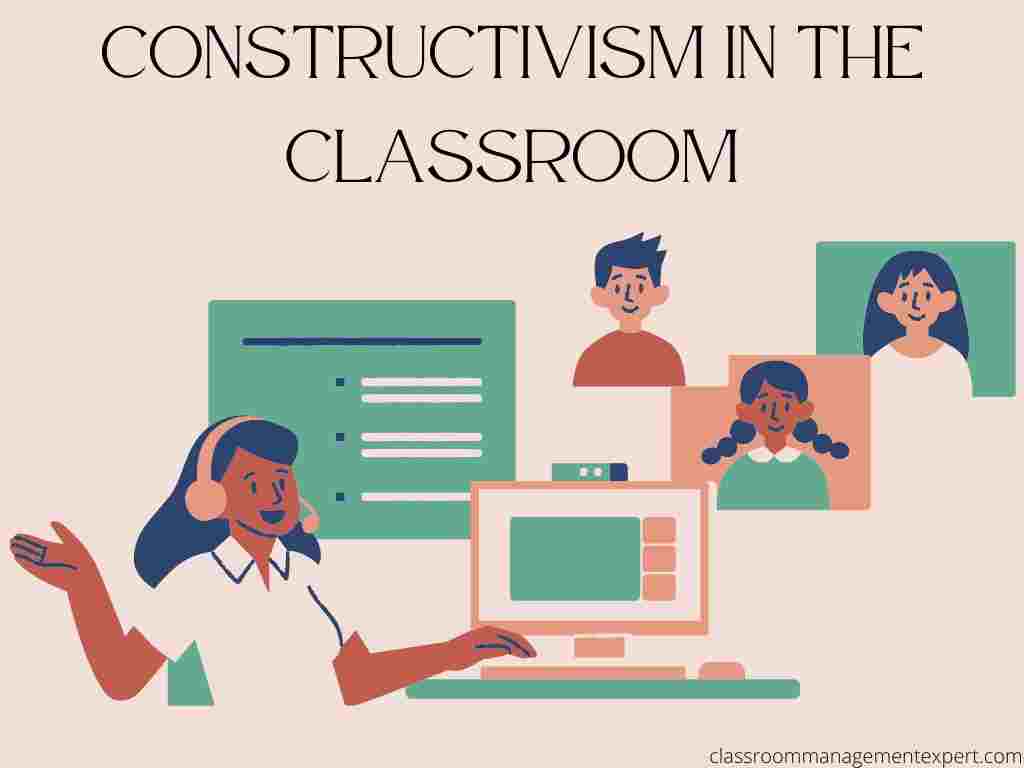Adult learning theories serve as essential frameworks that help educators and trainers understand how adults acquire knowledge.
Each theory, such as Andragogy and Transformative Learning, provides valuable insights into the learning process, highlighting various motivations and experiences that shape adult education.
These theories are not isolated; they interconnect and inform one another, offering a rich tapestry of strategies for effective teaching.
Recognizing the relevance of these theories can significantly enhance your educational practices and your personal learning experience.
Understanding these concepts not only empowers educators but also enriches learners by aligning teaching methods with their needs and preferences.
Overview of Adult Learning Theories
Understanding adult learning theories is essential for anyone engaged in education or training. These theories provide insights into how adults absorb information and develop skills, enabling the creation of effective learning environments that support lifelong learning and cognitive growth.
Recognizing the factors that motivate adults to learn allows educators to tailor their approaches, leading to improved learner engagement and enhanced educational experiences.
Motivation theories are crucial, as they illuminate the driving forces behind adult learning. Incorporating these principles into instructional design enables better alignment of assessment strategies with the specific needs of adult learners.
Furthermore, the use of technology can significantly enhance learner engagement, making education more accessible and enjoyable.
Collaborative learning techniques can also be beneficial, as they foster a sense of community among participants. This encourages individuals to share their experiences and knowledge, enriching the overall learning experience and strengthening connections within the educational setting.
Andragogy: The Adult Learning Approach
Andragogy is a vital framework that examines the unique ways adults engage in learning. Unlike children, adults bring a wealth of life experiences and practical knowledge to the educational environment.
Understanding the principles of andragogy can significantly enhance learning experiences, making them more relevant and effective. Recognizing the contributions of key theorists in this field provides deeper insights into adult education.
Furthermore, applying these principles in everyday contexts can demonstrate their effectiveness in real-world situations, ultimately enriching both personal and professional development.
Principles of Andragogy
Adult learners have distinct needs compared to children, making andragogy principles essential for effective education. One fundamental principle is the necessity for adults to understand the purpose behind their learning. When learners grasp how the material relates to their lives, they become more engaged and motivated.
Self-direction is another critical aspect of adult learning. Adults often prefer to take control of their educational journeys, leveraging their past experiences as a guide. Collaborative learning can enhance this process, as exchanging ideas and insights with peers fosters a deeper understanding.
Moreover, internal motivations such as personal development and career growth drive adult learners more than external incentives. Acknowledging these motivations allows educators to connect with learners on a more meaningful level.
Real-world application of knowledge is also crucial. Adults seek to understand how what they learn can be used in practical ways, enhancing their skills and knowledge.
Key Theorists Involved
Andragogy, the art and science of adult learning, has been shaped by several influential theorists. Malcolm Knowles stands out as a pioneer, introducing the idea that adults learn differently than children. His focus on motivational factors and learning preferences laid the groundwork for understanding adult education.
Other theorists have contributed valuable perspectives. For instance, the significance of collaborative learning has been highlighted, illustrating how working together fosters a sense of community among learners.
Behaviorist theories have provided insights into adult behavior, while cognitive theories shed light on how individuals process and retain information. Humanistic approaches emphasize personal growth and self-actualization, and cultural influences play a crucial role in shaping one’s learning experiences.
These contributions highlight the necessity of lifelong learning and the importance of customized assessment methods. As technology continues to transform education, our understanding and strategies for adult learning must adapt accordingly.
Collectively, these theorists encourage individuals to embrace their unique learning journeys, ensuring that they feel valued and connected within a diverse educational community.
Practical Applications Today
In the modern world, applying andragogy—the art and science of adult learning—is vital for effective education. Practical applications of this approach empower adults to learn in ways that are relevant and engaging. Collaborative learning environments can enhance understanding by encouraging group interactions and shared experiences.
Incorporating technology into educational frameworks opens up access to a vast range of online resources, making lifelong learning more adaptable and enjoyable.
In workplace training, personalized learning methods can significantly improve engagement by aligning programs with individual goals and motivations. Customizing training not only enhances learner involvement but also builds cultural competencies, which are essential in diverse environments.
Implementing feedback mechanisms fosters open communication, allowing for the identification of areas needing improvement while simultaneously motivating learners.
Community involvement is crucial in adult education, as it links learners to practical applications of their skills. Utilizing strategies that enhance motivation can encourage individuals to take charge of their educational journeys.
Whether through workshops, online courses, or community-led initiatives, creating a supportive atmosphere is key to fostering personal and collective growth.
Ultimately, the application of andragogical principles enriches the learning experience and nurtures a sense of belonging within the community. Embracing these strategies enables adults to unlock their potential as lifelong learners, paving the way for continuous growth and development.
Transformative Learning Theory
Transformative learning theory emphasizes that personal experiences can significantly alter one’s worldview. This theory highlights how engaging in critical reflection can lead to substantial personal growth. Through this reflective process, learners are empowered to question their existing beliefs and embrace new cultural perspectives.
The influence of peers plays a crucial role, as they can help shape one’s adult identity in impactful ways.
Key aspects of transformative learning include:
- Enhanced emotional intelligence, allowing for better understanding and management of emotions.
- The bravery to confront uncomfortable realities, which fosters personal development.
- The capacity to inspire societal change, contributing to a more equitable world.
- A nurturing learning environment, essential for fostering growth and exploration.
- Meaningful connections with others that enrich the overall learning experience.
Understanding these components is vital, as they guide individuals on their transformative journeys, ultimately leading to a more profound understanding of themselves and the world around them.
Experiential Learning Theory
Experiential learning theory centers on the importance of engaging with real-world situations to enhance understanding and retention of knowledge. This educational approach asserts that learners gain the most from actively participating in hands-on activities rather than passively receiving information. Immersing oneself in practical experiences makes the learning process meaningful and relevant.
Consider the personal growth that often results from facing everyday challenges. These experiences encourage reflection on what strategies were effective and what could be improved. This reflective practice is crucial in experiential learning, as it allows individuals to analyze their experiences and connect new insights to their existing knowledge.
Engaging in experiential learning also fosters a sense of community. Sharing experiences, challenges, and successes with others cultivates a supportive environment that encourages exploration and personal growth.
Embrace the benefits of experiential learning by actively seeking opportunities that promote engagement, reflection, and development. This approach has the potential to significantly enhance your learning journey, making it both impactful and transformative.
Self-Directed Learning
Self-directed learning empowers individuals to take control of their educational journey, making choices about what and how they learn. This method encourages personal responsibility and independence, allowing learners to set specific goals and select resources that best suit their needs.
The benefits of self-directed learning are significant; it enhances engagement, fosters critical thinking, and improves retention of knowledge. For instance, a student might choose to learn a new programming language by utilizing online courses and coding projects, tailoring their study to match their interests and pace.
Such an approach not only enriches the learning experience but also prepares individuals for lifelong learning.
Key Principles Explained
Self-directed learning is a powerful approach that allows individuals to take control of their educational experiences. This method encourages the development of essential lifelong learning skills and fosters a personalized learning environment. By focusing on learner autonomy, you can tailor your educational journey to include technology and cultural influences that resonate with your interests and aspirations.
Key principles that support self-directed learning include:
- Emotional intelligence: This skill aids in managing feelings and building relationships within educational contexts.
- Motivation theories: Understanding these theories helps clarify what inspires your desire to learn.
- Collaborative learning: Engaging with peers creates a sense of community and shared purpose, enhancing motivation and accountability.
- Feedback mechanisms: Regular feedback is vital for skill refinement and personal growth.
- Assessment methods: These tools help you monitor your progress and celebrate your successes.
In self-directed learning, you establish adaptable and supportive learning environments that cater to your unique needs. Actively engaging with these principles not only enhances your knowledge but also fosters meaningful connections, making you feel valued within the broader learning community.
Your journey is individual, and every step you take reinforces your dedication to personal growth and belonging.
Benefits for Learners
Taking control of your learning journey offers a variety of advantages that can significantly enhance your educational experience. Embracing self-directed learning increases your motivation, allowing you to establish personal goals and actively pursue them. This method creates dynamic learning environments where you can connect with others, fostering a sense of community.
With the integration of technology, you can access a wide range of resources and tools tailored to your specific learning style. Utilizing effective assessment methods enables you to monitor your progress and pinpoint areas needing improvement.
Collaborative learning also plays a vital role, as it promotes teamwork and provides chances to exchange insights and experiences that deepen your understanding.
Engagement in your education tends to rise when you take ownership of your learning. This proactive approach supports lifelong learning, equipping you to adapt and evolve in a rapidly changing world. Recognizing cultural influences on learning can broaden your perspective and enhance your interactions with peers.
Feedback mechanisms are crucial in this learning process, offering guidance for improvement and celebrating your successes. Embracing self-directed learning not only develops essential skills but also fosters a supportive community where you can thrive together.
Social Learning Theory
Social Learning Theory is rooted in the concept that individuals acquire knowledge and skills through observing and imitating others. This theory highlights the crucial role of social interactions and peer influences in cognitive development.
Environments that encourage community involvement and hands-on experiences can significantly enhance understanding and retention of information.
For instance, when individuals observe their peers successfully completing a task, they often feel motivated to try it themselves, fostering a sense of belonging. The values and behaviors shaped by peer influence can guide personal development.
Feedback from peers serves as a vital tool for growth and connection, reinforcing positive behaviors. Moreover, the cultural context in which learning occurs adds depth to the experience, allowing individuals to relate concepts to their own lives.
Constructivist Learning Theory
Constructivist Learning Theory focuses on how learners actively build their understanding and knowledge through experiences and reflection. This approach prioritizes collaborative learning and active participation, allowing individuals to share their unique perspectives, which enriches the collective learning experience.
This theory promotes learner agency, encouraging individuals to take charge of their educational paths. Cognitive development thrives in settings that support reflective practice and social interaction. As learners engage with new concepts, they gain a deeper understanding of ideas that resonate with their personal experiences.
When integrating constructivist principles into curriculum design, it’s crucial to consider how assessment strategies can foster growth. Traditional testing methods may not be as effective as assessments that promote inquiry and critical thinking.
Implementing these strategies can create a dynamic learning community where everyone feels included and valued. In such an environment, individuals can navigate the complexities of knowledge more effectively, forming connections that enhance their learning journey.
Situated Learning Theory
Situated Learning Theory focuses on the idea that effective learning occurs in authentic contexts. This approach emphasizes that engaging with real-world situations enhances the educational experience, making it not only theoretical but also relevant to your personal and professional life.
Immersing yourself in contextual learning allows you to acquire genuine experiences that resonate deeply. The emotional impact of these experiences is significant:
- You build connections with like-minded individuals.
- You gain a sense of empowerment by applying knowledge in practical ways.
- You face challenges collaboratively, which strengthens teamwork.
- You boost your confidence as you recognize the relevance of your skills.
- You create meaningful memories that contribute to your identity.
Situated Learning Theory highlights that learning thrives in communal settings, where sharing insights and supporting one another is essential. Engaging in authentic experiences nurtures a sense of belonging, which is vital for both personal and professional development.
Committing to this theory means choosing learning methods that hold significance not just for you but for those around you. This shared journey leads to greater satisfaction and a deeper connection to the world you inhabit.
Critical Pedagogy in Adult Education
Critical pedagogy in adult education focuses on questioning and challenging societal norms and power structures. This approach encourages active participation in the learning process, allowing individuals to examine how power dynamics affect their educational experiences and their communities. Engaging in discussions around social justice and cultural relevance is crucial for fostering a collaborative learning environment.
Empowerment of learners is central to this framework. Participants aren’t merely passive recipients of information; they take an active role in shaping their education. Reflective practice is essential for deepening understanding, as it helps individuals link their personal experiences with strategies for advocacy that support democratic education and community engagement.
For instance, consider a workshop where participants analyze local social issues. This hands-on approach allows learners to apply theoretical concepts to real-world scenarios, thereby reinforcing their understanding of critical pedagogy.
Engaging with community resources, such as local organizations or social movements, can further enhance this learning experience.
Conclusion
Adult learning theories encompass a variety of approaches that each provide valuable insights into how adults acquire knowledge and skills. Notable theories include Andragogy, which focuses on the specific needs of adult learners, and Transformative Learning, which emphasizes personal growth through critical reflection. Understanding these theories is crucial for improving educational practices, as they help create more engaging and supportive learning environments. This understanding empowers adults to thrive in their educational journeys. Engaging with these diverse perspectives can enhance your ability to unlock the potential of your learners effectively.


